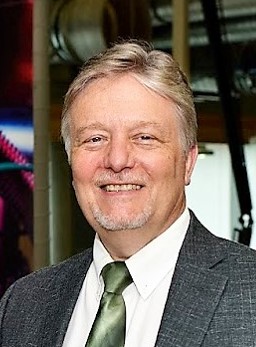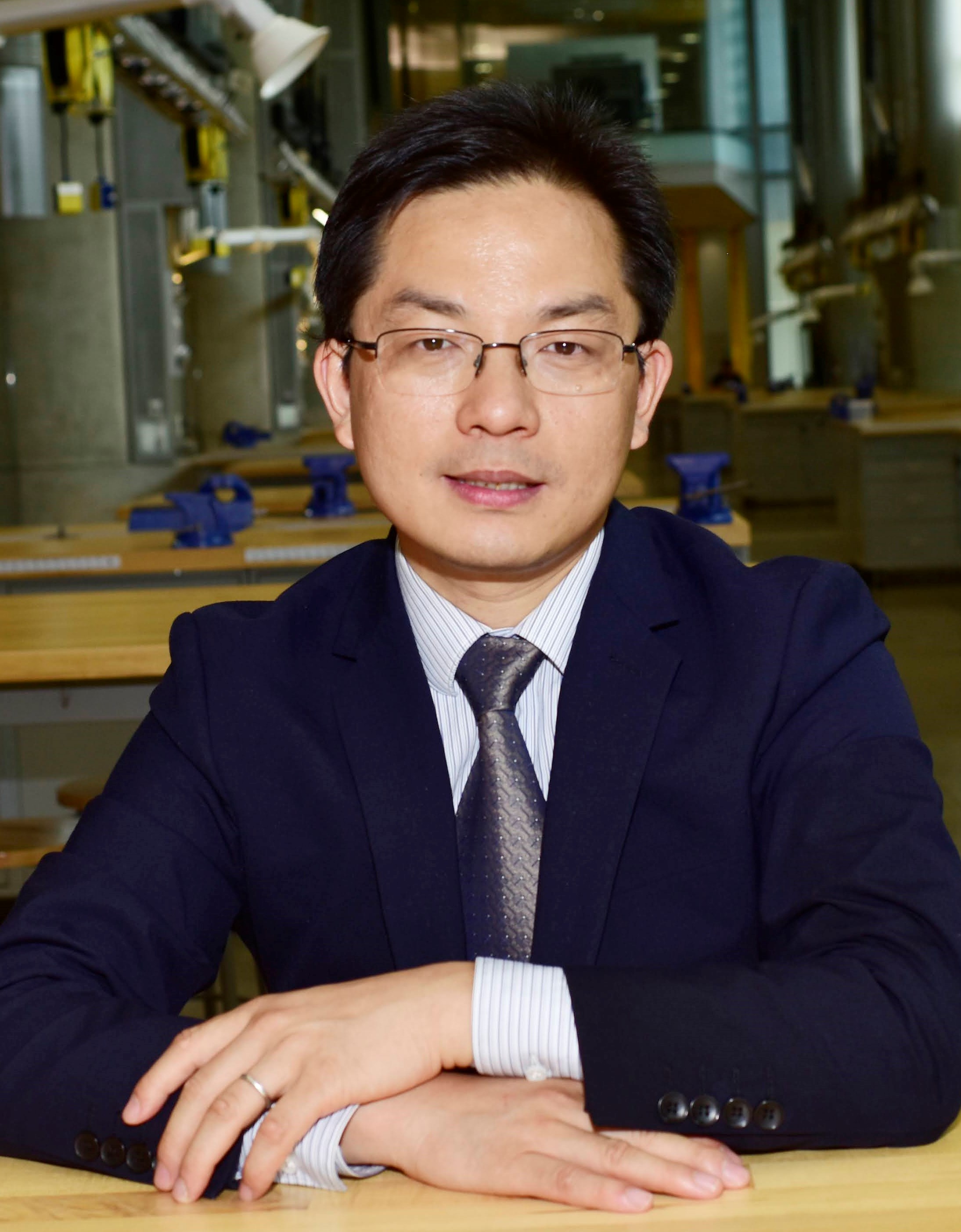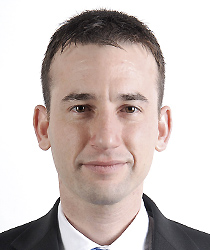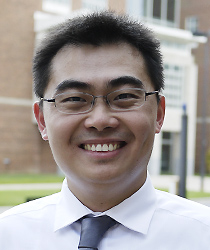- Solar cells use a combination of semiconductors to produce electricity from sunlight.
- Thermoelectric generators use a combination of semiconductors to produce electricity from heat.
- Fuel cells need ceramic ion-conductors and metal catalysts to produce electricity from hydrogen.
- Nuclear fusion reactors of the future will require the superheating of hydrogen gas into plasma. Materials scientists who specialize in plasma-matter interactions will be needed to help design reactors capable of withstanding the heat and protecting the plasma from contamination.
Some energy-generation technologies can be miniaturized using nanotechnology, allowing us to build more effective mobile power sources for devices ranging from consumer electronics to field gear for soldiers and scientist, and even tiny autonomous surveillance cameras that can fly like an insect or crawl into tight places.
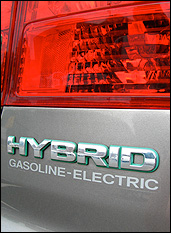 Looking to buy an electric car? Or a hydrogen powered car? Battery technology is advancing thanks to new materials that can store electrical charge at higher densities, giving them a longer lifespan because they can be rechared more times, and hold their charges longer as they age. Similarly, new materials for hydrogen storage may one day supply cars with sufficient amounts of hydrogen fuel without a high risk of explosion.
Looking to buy an electric car? Or a hydrogen powered car? Battery technology is advancing thanks to new materials that can store electrical charge at higher densities, giving them a longer lifespan because they can be rechared more times, and hold their charges longer as they age. Similarly, new materials for hydrogen storage may one day supply cars with sufficient amounts of hydrogen fuel without a high risk of explosion.